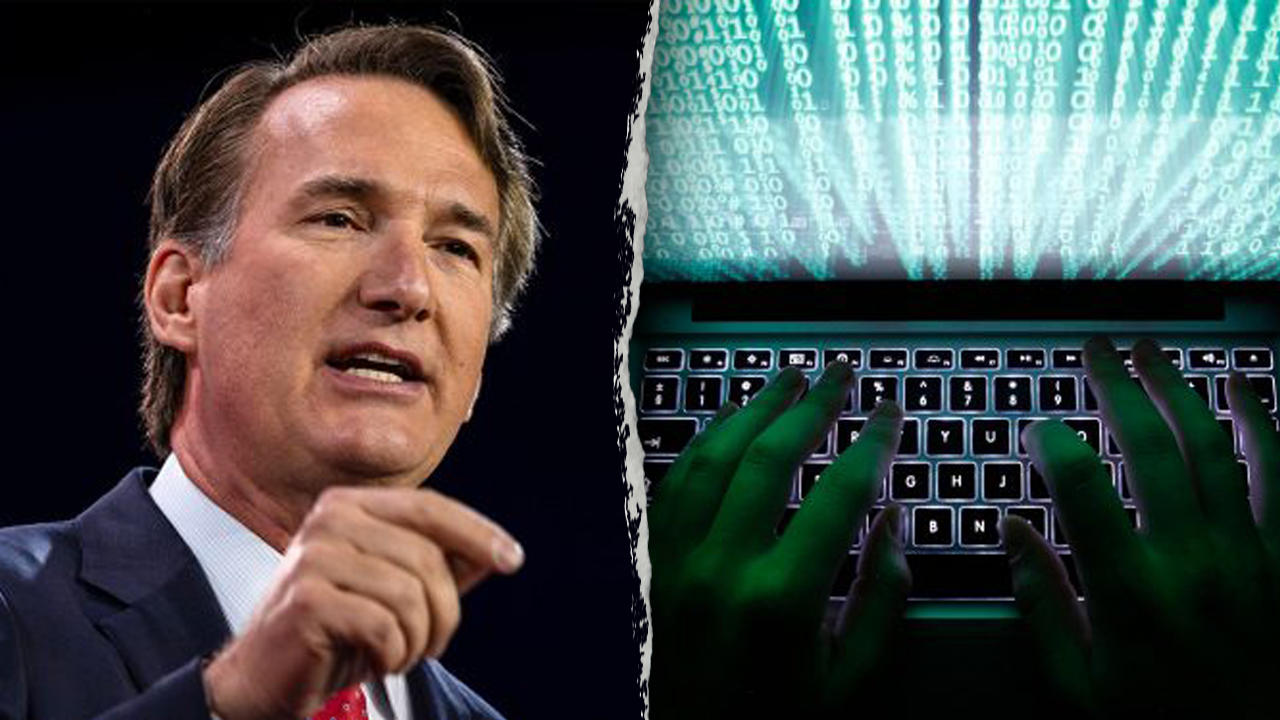Bay City License Plate Readers: Heated Debate Leads to Delay - What You Need to Know

Bay City, MI – A contentious debate surrounding the potential implementation of license plate reading (LPR) technology in Bay City has resulted in a postponement of a crucial vote. Bay City commissioners recently found themselves deadlocked on a decision regarding a contract with Flock Safety, a company specializing in this technology. The tied vote ultimately led to the matter being referred back to staff for further review and consideration.
What is License Plate Reading Technology?
LPR technology involves cameras equipped with optical character recognition (OCR) software. These cameras automatically capture and record license plate numbers, along with date, time, and location data. This information is then stored in a database, which law enforcement agencies can access for various purposes, including investigating crimes, locating missing persons, and recovering stolen vehicles.
The Controversy: Why the Opposition?
The proposal to adopt LPR technology in Bay City has ignited considerable opposition from both residents and commissioners. Concerns raised primarily revolve around privacy implications. Critics argue that the widespread collection and storage of license plate data could lead to potential misuse and government overreach. They worry about the possibility of this data being used to track citizens' movements and habits, even without suspicion of criminal activity. The potential for data breaches and unauthorized access to the database is another significant concern.
Arguments in Favor: Supporters' Perspective
Supporters of the technology emphasize its potential benefits for public safety. They contend that LPR systems can be valuable tools for law enforcement, assisting in the rapid identification of vehicles involved in crimes and aiding in the recovery of stolen vehicles. Proponents also highlight the potential for deterring crime by increasing the visibility of surveillance and making it more difficult for criminals to operate anonymously.
The Delayed Vote and What's Next
The commissioners’ decision to postpone the vote signals a need for further evaluation and public discussion. The matter has been referred back to staff, who are now tasked with gathering additional information, addressing concerns raised by residents and commissioners, and potentially exploring alternative solutions. It's anticipated that staff will present their findings and recommendations at a future commission meeting, allowing for further debate and ultimately a renewed vote.
Key Takeaways from the Bay City LPR Debate:
- Privacy Concerns are Paramount: The debate underscores the importance of balancing public safety with individual privacy rights.
- Public Engagement is Crucial: Meaningful public discussion and input are essential when considering technologies with potential privacy implications.
- Data Security is a Priority: Robust safeguards are needed to protect the security and integrity of any data collected and stored.
- Transparency is Key: Clear policies and procedures regarding data usage and access are vital to maintain public trust.
- Ongoing Evaluation is Necessary: The effectiveness and impact of LPR technology should be continuously evaluated to ensure it aligns with community values and goals.
The Bay City LPR debate is part of a larger national conversation about the use of surveillance technology and its impact on civil liberties. As communities grapple with these issues, it’s clear that careful consideration, open dialogue, and a commitment to protecting individual rights are essential.





